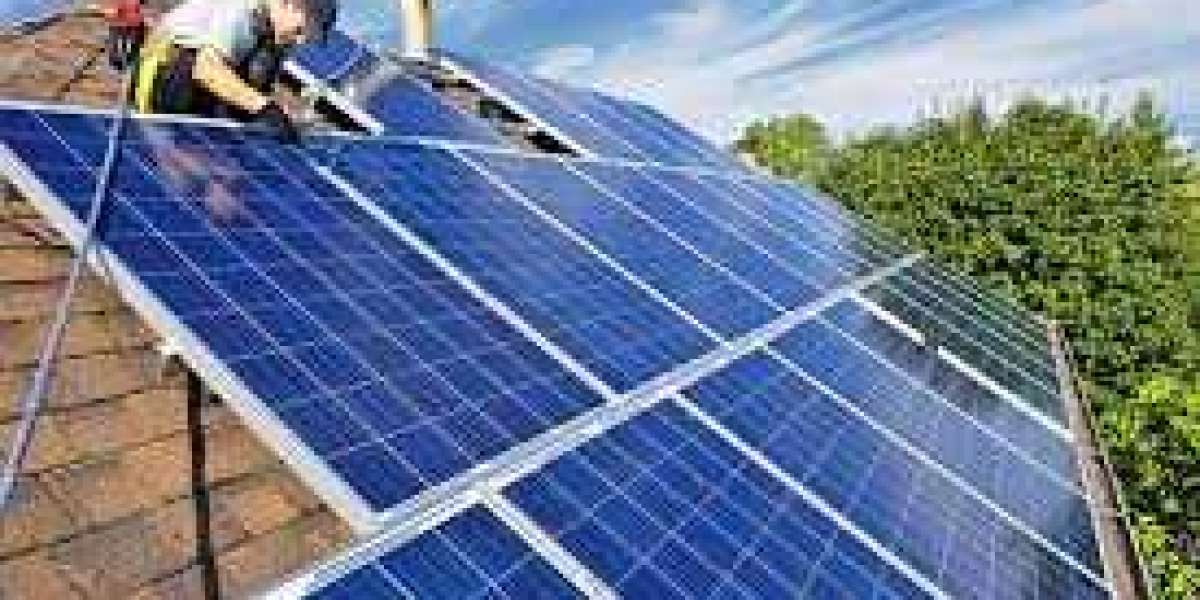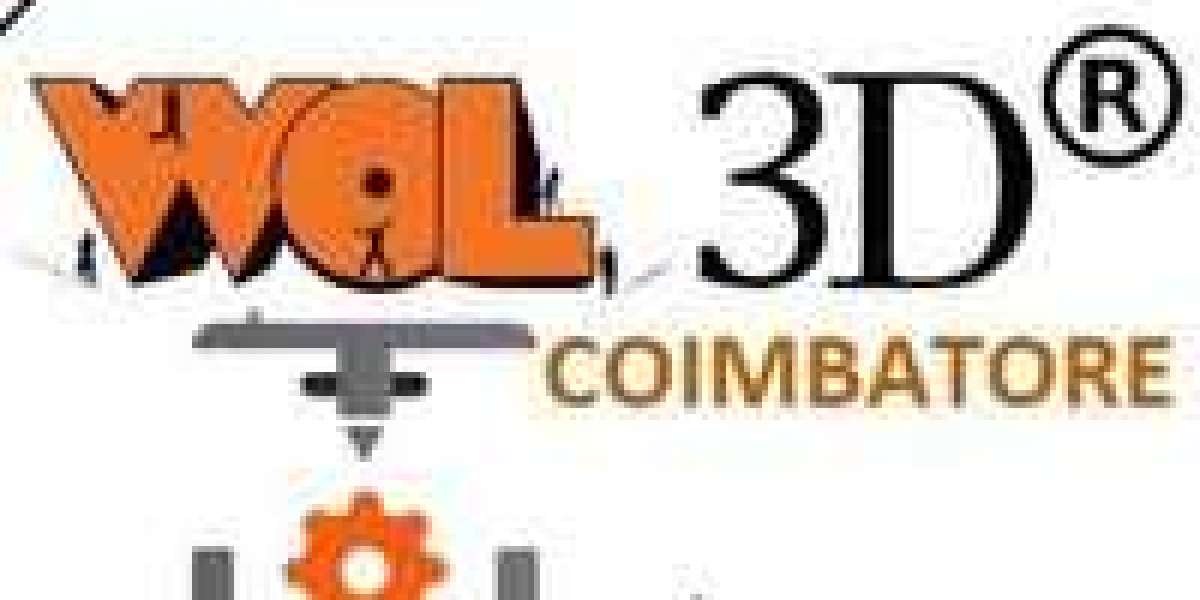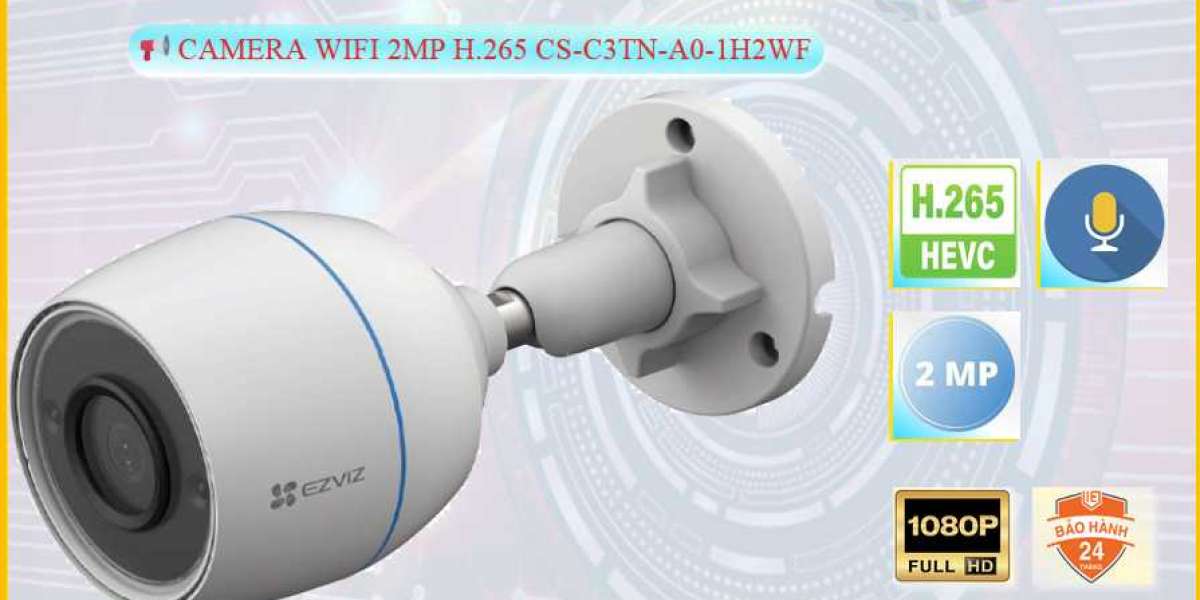Solar panels have revolutionized the way we harness energy from the sun, providing a clean and sustainable alternative to traditional power sources. Amongst the many options available in the market, Q-Cells solar panels stand out for their cutting-edge technology and superior performance. In this blog post, we will delve into the intricate details of how Q-Cells solar panels work, unpacking the technology behind these innovative energy solutions. Join us as we explore the science behind these sleek and powerful solar panels that are paving the way towards a greener future.
Introduction to Q-Cells Solar Panels and Their Technology
Q-Cells is a world-renowned solar panel manufacturer that has been leading the industry with its cutting-edge technology and innovative designs. Founded in 1998, Q-Cells has been at the forefront of solar energy research and development, constantly pushing boundaries to create more efficient and sustainable solutions.
One of their most popular products is the Q.PEAK DUO BLK-G6+/AC series, which uses state-of-the-art technology to deliver high performance and reliability. These panels are designed for both residential and commercial use, making them a versatile option for any solar energy project.
Advantages of Q-Cells Solar Panels
Q-Cells solar panels have gained popularity in the renewable energy market due to their advanced technology and numerous advantages. In this section, we will delve deeper into the advantages of Q-Cells solar panels and understand why they are a preferred choice for many consumers.
- High Efficiency:
One of the biggest advantages of Q-Cells solar panels is their high efficiency. These panels have a conversion efficiency rate ranging from 18% to 20%, which means they can convert a higher percentage of sunlight into electricity compared to traditional solar panels. This high efficiency allows you to generate more electricity with fewer panels, making them ideal for smaller rooftops or areas with limited space.
- Durability:
Q-Cells solar panels are known for their durability and long lifespan. They are designed using premium quality materials that can withstand harsh weather conditions, including extreme temperatures, heavy rain, and strong winds. Q-Cells also subject their panels to rigorous testing before releasing them into the market, ensuring that they meet strict quality standards.
- Improved Performance in Low Light Conditions:
Unlike traditional solar panels that require direct sunlight to generate electricity, Q-Cells solar panels perform exceptionally well even in low light conditions. This is because these panels use innovative technology such as "Anti PID" (Potential Induced Degradation) cells that prevent power losses caused by shading or partial cell damage.
- Enhanced Aesthetics:
Q-Cells offers a wide range of sleek and aesthetically pleasing designs for its solar panel range, making them an attractive addition to any rooftop installation. With options like all-black modules or frameless designs available, homeowners no longer have to compromise on aesthetics when switching to renewable energy solutions.
- Lower Maintenance Costs:
Another significant advantage of Q-Cells solar panels is that they require minimal maintenance compared to traditional fossil fuel-based systems. These maintenance costs include cleaning debris off the surface of the panel and regular inspections for potential damages. With Q-Cells' high-quality panels, you can enjoy a hassle-free and cost-effective solar energy solution.
- Environmental Benefits:
Last but not least, Q-Cells solar panels have numerous environmental benefits. By using renewable energy sources like solar power, we reduce our dependence on fossil fuels and help combat climate change. Additionally, Q-Cells' production processes are environmentally friendly, with the company meeting strict sustainability standards in all its manufacturing facilities.
How Do Q-Cells Solar Panels Work?
Q-Cells solar panels work by harnessing the power of the sun's energy and converting it into usable electricity. This process, known as the photovoltaic effect, is made possible through a combination of advanced technology and high-quality materials.
Types of Q-Cells Panels Available
Q-Cells is a leading manufacturer of solar panels, known for its advanced technology and high-quality products. As the demand for solar energy continues to grow, Q-Cells offers a wide range of options when it comes to solar panels. In this section, we will discuss the different types of Q-Cells panels available in the market.
- Monocrystalline Panels: These are the most popular type of solar panels manufactured by Q-Cells. They are made from a single silicon crystal and have a uniform black color appearance. Monocrystalline panels are known for their high efficiency and can generate more electricity per square foot compared to other types of solar panels.
- Polycrystalline Panels: These panels are made using multiple silicon crystals, which give them a characteristic blue color. While they may not be as efficient as monocrystalline panels, polycrystalline panels offer great value for money and are suitable for residential and commercial installations.
- Half-Cut Cells Panels: This type of panel uses half-cut cells instead of full-size cells, allowing better performance in partial shading conditions. The cell separation also reduces resistance within the panel, resulting in higher efficiency and improved durability.
- Bifacial Panels: These innovative panels have photovoltaic cells on both sides instead of just one side like traditional solar panels. This means that they can generate electricity from sunlight hitting either side, making them more efficient than other types of solar panels.
- Flexible Panels: As the name suggests, these lightweight and bendable solar panels offer flexibility in installation options compared to traditional rigid ones. They are ideal for curved or irregular surfaces such as boats or vehicles.
- Smart Modules: Q-Cells also offers smart modules that incorporate additional features such as monitoring systems that track energy production and optimize performance based on weather conditions.
7.Combined Solar-Thermal Panels: These unique panels combine solar PV cells and a thermal collector, allowing them to not only produce electricity but also generate hot water for residential or commercial use. This hybrid technology offers a more efficient use of space and resources.
Comparing Q-Cells with Other Solar Panel Brands
When it comes to choosing the right solar panel brand for your home or business, it can be overwhelming to navigate through the numerous options available in the market. One of the top contenders in the solar industry is Q-Cells, a leading manufacturer of high-quality solar panels. However, before making a decision, it's essential to compare Q-Cells with other popular solar panel brands to determine which one best suits your needs.
Maintenance and Durability of Q-Cells Solar Panels
Q-Cells solar panels are known for their high-quality materials and advanced technology, making them a durable and long-lasting option for renewable energy. However, like any other technological device, regular maintenance is necessary to ensure optimal performance and extend the lifespan of these solar panels.
Environmental Impact of Q-Cells Solar Panels
The environmental impact of any technology is a crucial aspect to consider, and Q-Cells solar panels are no different. As more and more people turn to renewable energy sources, it is essential to understand the potential impact that these solar panels may have on the environment.
Cost-Efficiency of Using Q-Cells for Solar Energy
One of the biggest concerns when it comes to adopting renewable energy sources such as solar power is the cost. Many people assume that using solar energy means a significant increase in expenses, but with Q-Cells solar panels, this isn't necessarily the case.
Frequently Asked Questions about Q-Cells Technology
Q-Cells technology has gained popularity in the solar industry due to its high efficiency and reliability. However, many people still have questions about this technology and how it works. In this section, we will address some of the most frequently asked questions about Q-Cells technology.
- What is Q-Cells technology?
Q-Cells technology refers to the solar cell manufacturing process developed by the German company, Hanwha Q CELLS. It involves using a combination of silicon materials and advanced engineering techniques to produce high-efficiency solar cells for use in solar panels.
- How does Q-Cells technology differ from other solar technologies?
One key difference between Q-Cells technology and other solar technologies is their unique "passivation" technique. This involves adding a layer of hydrogen atoms on the surface of the silicon material, which reduces energy loss during conversion and increases overall efficiency.
- What is the efficiency of Q-Cells solar panels?
The efficiency of a solar panel refers to its ability to convert sunlight into electricity. The average efficiency for traditional silicon-based panels ranges from 15% to 20%. However, with Q-Cells technology, efficiency levels can reach up to 22%, making them one of the most efficient options on the market.
- Are there any environmental benefits to using Q-Cells technology?
Yes, there are several environmental benefits associated with using Q-Cells technology in solar panels. For starters, it uses significantly less energy during production compared to traditional methods, resulting in lower carbon emissions and a smaller carbon footprint.
- Can I use Q-Cells panels in any climate or weather conditions?
Yes, one advantage of Q Cells' innovative design is that they are more resistant to high temperatures than traditional panels. They also perform well under low light conditions due to their passivated surfaces that reduce energy losses during conversion.
- How long do Q-Cells solar panels last?
Q-Cells solar panels are designed to have a lifespan of 25 years or more, making them a durable and long-term investment. They also come with a 12-year product warranty and a 25-year linear performance guarantee, providing customers with peace of mind.
- Can I install Q-Cells panels myself?
While it is possible to install Q-Cells panels yourself, it is recommended to hire a professional installer for safety reasons and to ensure optimal performance. The installation process involves wiring the panels correctly, securing them properly, and connecting them to your electrical system.







